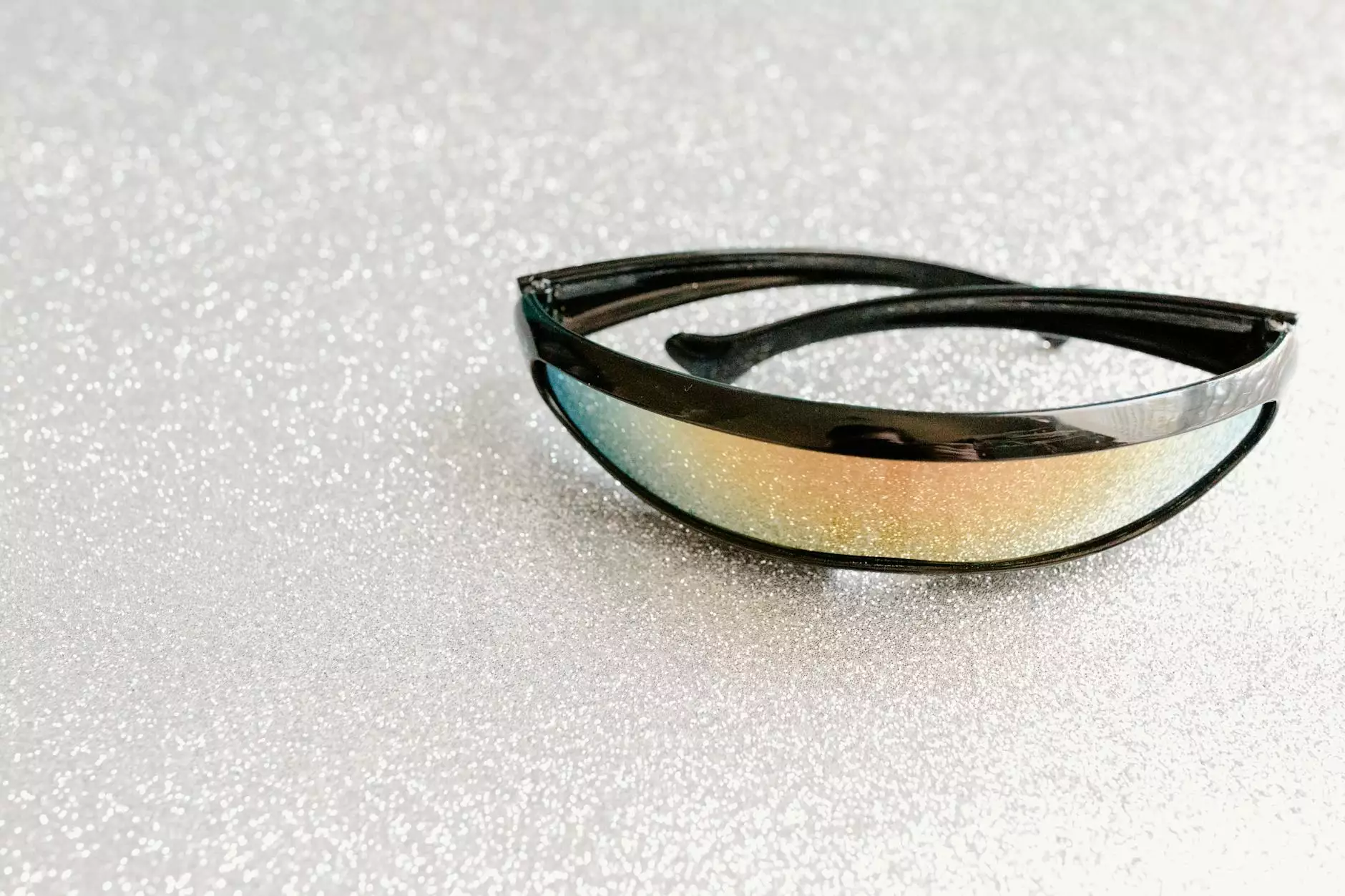The Comprehensive Guide on the Cost of a Dental Crown

The cost of a dental crown is an important factor for many individuals seeking dental care. Dental crowns are prosthetic devices that act as a protective cover for damaged teeth, improving both function and appearance. The price of these crowns can vary significantly based on a variety of factors, which we will explore in detail in this article.
What is a Dental Crown?
A dental crown is a type of restoration that covers a tooth. It is usually required when a tooth is excessively worn, damaged, or has undergone a root canal treatment. Crowns can also be used for cosmetic purposes, enhancing the visual appeal of a tooth by changing its color or shape.
Types of Dental Crowns
There are several types of dental crowns available, each with its unique cost implications:
- Porcelain Crowns: These crowns are known for their natural appearance and are often used for front teeth. Their cost typically ranges from $800 to $3,000.
- Ceramic Crowns: Made primarily from dental porcelain, they are also aesthetic but can be more resistant to wear. The price is similar to porcelain crowns.
- Metal Crowns: These crowns are highly durable and are often used for back teeth. They can be composed of gold or other metals, with costs ranging from $600 to over $2,000.
- Composite Resin Crowns: These are more affordable but less durable. The typical price is between $300 and $1,500.
- Temporary Crowns: Often used while waiting for a permanent crown, these generally cost less but are not meant for long-term use.
Factors Influencing the Cost of Dental Crowns
Several factors can influence the overall cost of a dental crown:
- Type of Material: As mentioned, the choice between porcelain, metal, or composite resin significantly affects the price.
- Geographical Location: Dental care costs can vary widely from one location to another. Urban areas generally have higher costs due to demand and cost of living.
- Complexity of the Procedure: If there are complications or additional work (like a root canal) needed before placing the crown, the overall cost can increase.
- Experience of the Dentist: Highly skilled dentists may charge more for their expertise, but they may also offer higher quality care.
- Dental Insurance Coverage: Insurance may cover part of the cost, depending on the policy. Understanding your insurance plan can help in estimating out-of-pocket expenses.
Insurance Implications
Understanding how dental insurance works regarding crowns is essential for determining final costs. Most dental insurance plans cover a portion of the costs associated with dental crowns, typically around 50% of the procedure’s bill.
It's crucial to check the specifics of your dental insurance policy, as coverage limits, deductibles, and co-pay requirements can all affect how much you pay for a crown.
Financing Options Available for Dental Crowns
For those without insurance or facing high out-of-pocket costs, several financing options can help manage expenses associated with the cost of a dental crown:
- Payment Plans: Many dental offices offer payment plans that allow patients to make monthly payments over time.
- Credit Cards: Using a health credit card specifically designed for medical expenses can also be an option to consider.
- Health Savings Accounts (HSAs): If you have an HSA, you can use pre-tax dollars to pay for dental crowns.
- Personal Loans: These can be utilized for higher costs where insurance does not provide sufficient coverage.
Importance of Regular Dental Check-Ups
Regular dental check-ups can significantly impact your oral health and possibly help you avoid the need for dental crowns. Dentists can identify problems early, long before they necessitate costly interventions such as crowns. Key points include:
- Early Detection: Regular visits enable early detection of issues like cavities, which, if addressed timely, may not require crowns.
- Preventive Care: Professional cleanings and fluoride treatments can help maintain the integrity of your teeth.
- Patient Education: Dentists can guide you on best practices for oral hygiene, ultimately reducing the risk of needing more extensive treatments.
What to Expect During the Crown Procedure
The process of getting a dental crown typically involves several visits. Here’s a brief overview of what you can expect:
Visit 1: Diagnosis and Preparation
During the first appointment, the dentist will assess the damaged tooth. Digital scans or impressions will be taken to ensure a proper fit for your crown. If necessary, the affected tooth will be reshaped to accommodate the crown.
Visit 2: Crown Placement
Once your permanent crown is ready (often within a couple of weeks), a follow-up visit will be required. The dentist will fit the crown over your prepared tooth, ensuring proper alignment and bite before cementing it in place.
Aftercare and Maintenance of Dental Crowns
Once placed, caring for dental crowns is straightforward but crucial for longevity:
- Good Oral Hygiene: Brush and floss regularly to prevent decay around the crown.
- Avoid Hard Foods: Be cautious with hard foods, which can damage the crown or your teeth.
- Regular Check-Ups: Continue regular dental visits to monitor the condition of your crown alongside your overall oral health.
Conclusion: Investing in Your Oral Health
While the cost of a dental crown can initially seem daunting, it’s essential to remember that this investment can have lasting benefits for your oral health and overall well-being. By understanding your options, conducting research, and maintaining good dental hygiene, you can effectively manage these costs while achieving a healthy, beautiful smile.
For more information on dental crowns or to find a qualified dentist near you, visit wupdoc.com. Making informed decisions about your dental care today can lead to better dental health in the future!









